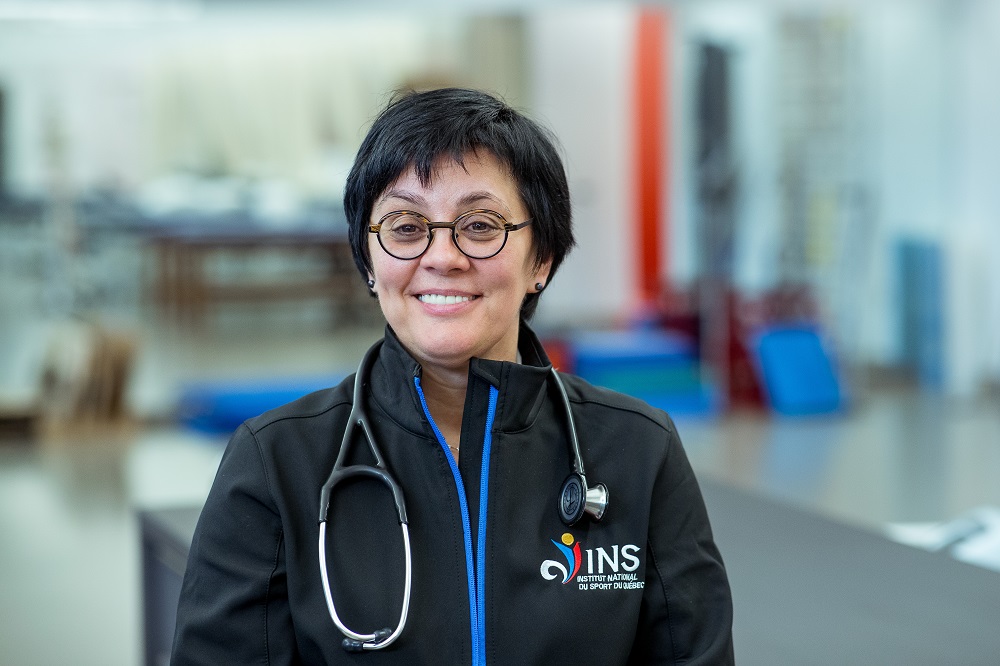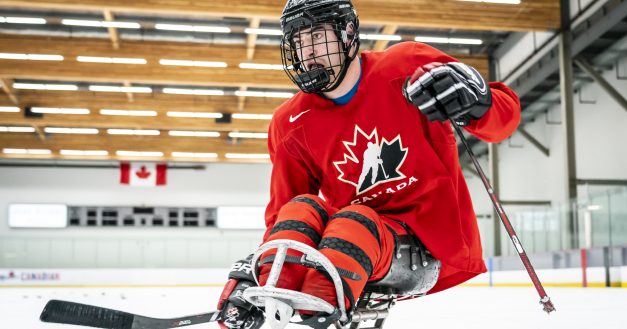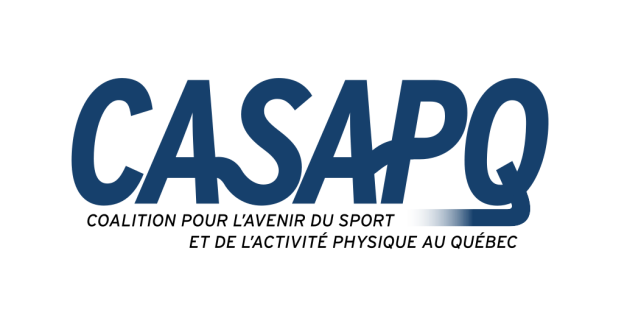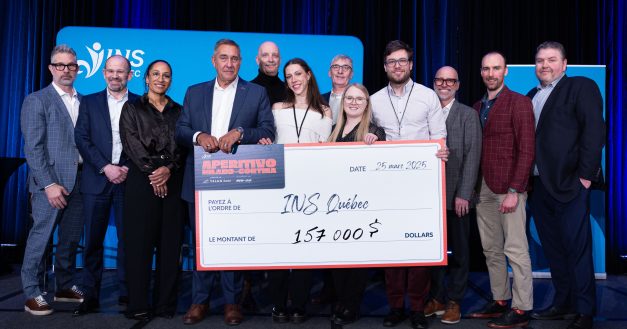High-performance Sport in Times of Pandemic: Dealing with a New Reality and Developing Relevant Expertise

High-performance Sport in Times of Pandemic: Dealing with a New Reality and Developing Relevant Expertise
Dr. Suzanne Leclerc, medical director of INS Québec, will lead the Sport Medicine Advisory Committee (SMAC) for the next two years. While the committee aims to make Canada an international leader in performance medicine, injury prevention and innovative health services, the COVID-19 pandemic and its management is now another priority added to the committee work load.
Dealing with the Reality of COVID-19
Dr. Leclerc explained that the priorities for the next few years should be reviewed and include actions related to the management of the current pandemic: “One of my responsibilities as head of the committee is to ensure that we adjust and redefine priorities, taking into account the impact of COVID-19. It is clear that we must continue to advance the projects we had before 2020, while incorporating actions to ensure the health of athletes in the context of a global pandemic.”
“One of the main issues at present is: How can we help athletes to resume normal training, both in terms of volume and intensity, while taking into account the different situations in each of the provinces? How can we reproduce a normal training environment, but with health measures to protect athletes? We need to ensure that the risk of catching COVID-19 is as low as possible. Although athletes are not among the age group most at risk of developing complications, catching COVID-19 could have a major impact on their training by keeping them out of their program for several weeks,” said Dr. Leclerc.
Since the beginning of the pandemic, the SMAC has shared several tools and processes.
“We must ensure that athletes are ready for the upcoming Olympic and Paralympic Games and that the necessary medical services are in place. Such preparation is not done at the last minute. Athletes will have to begin travelling internationally for Olympic or Paralympic qualifying competitions. We need to make sure that we support them in their preparation. It is also essential to provide tools to sport federations to enable them to assess the risks. These considerations have taken up a lot of our time since the beginning of the pandemic,” she explained.
Roger Archambault, Vice-President, Performance Services at INS Québec, is of the same opinion. “As front-line partners, we have a responsibility to do everything we can to keep high-level athletes healthy, and the SMAC’s work is more essential than ever to achieve this.”
Useful Expertise Beyond the Current Pandemic
Although the COVID-19 pandemic brings challenges and disadvantages, Dr. Leclerc believes that the expertise gained will greatly advance knowledge about epidemic management. “At every big games, we have to manage viral outbreak whether it’s flu, gastroenteritis, etc. We had certain protocols, but this situation has forced us to maximize them. We are developing new tools and equipment to help us manage future outbreaks.”
The pandemic has also forced athletes and coaches—as well as the entire sporting community—to develop habits that will better control local outbreaks. Hand washing, wearing a mask under certain circumstances and more comprehensive cleaning of equipment are actions that will remain once the current health situation has been resolved, according to Dr. Leclerc. “Athletes have realized that simple actions can help them and their teammates stay healthy. Some athletes ask me, ‘Why didn’t we do that before?’ These actions will help us maintain a healthy environment once the pandemic is behind us.”
In the meantime, the Sport Medicine Advisory Committee, under the leadership of Dr. Suzanne Leclerc, will continue its efforts to enable Canadian athletes to be ready for the upcoming Olympic and Paralympic Games while simultaneously pursuing its medium- and long-term goals to ensure that athletes reach their full potential and remain healthy.


